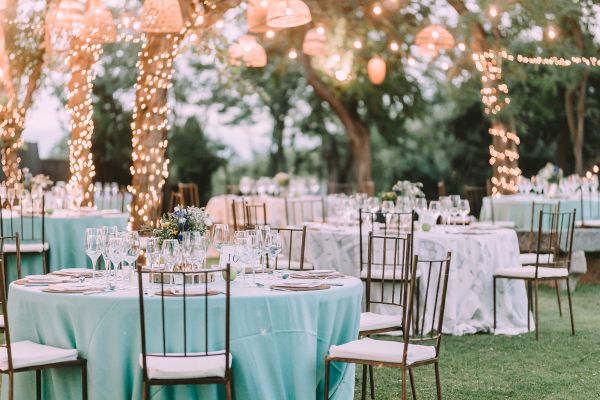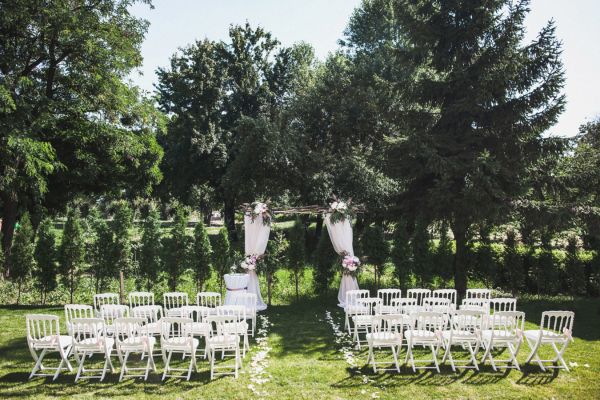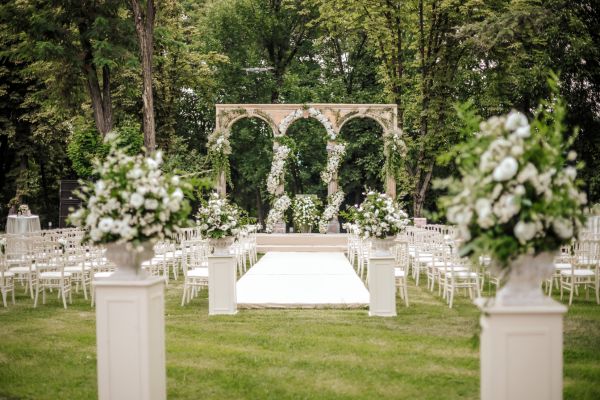Planning a wedding can feel like a whirlwind of decisions, deadlines, and details. From booking venues to finalizing guest lists and managing vendors, the pressure to make your big day perfect can become overwhelming. That’s where the help of a professional comes in. But when it comes to hiring help, many couples find themselves asking the same question: wedding coordinator vs planner — what’s the difference? Though the terms are often used interchangeably, there are key distinctions that could significantly impact your wedding planning experience. Understanding these differences is crucial to choosing the right professional for your unique needs.
Understanding the Role of a Wedding Planner
A wedding planner is often the first person couples turn to when beginning their journey toward “I do.” A planner’s role begins early in the wedding process, sometimes shortly after the engagement. They are the architects behind the wedding vision, helping to craft a cohesive and personalized celebration from start to finish.
A planner’s responsibilities span a wide range of tasks, including budgeting, vendor recommendations, contract negotiations, design input, and timeline creation. They are your go-to professional who ensures that your vision aligns with your budget, aesthetic preferences, and logistical needs. In essence, a wedding planner becomes your project manager, overseeing all moving parts to keep everything on track in the months leading up to the wedding.
Their deep industry knowledge and connections can also be invaluable. A skilled wedding planner often has a network of trusted vendors, which can save you time and stress during the decision-making process. Because they’re involved early on, planners provide a high level of support, allowing you to enjoy the journey instead of being bogged down by endless to-do lists.
Decoding the Duties of a Wedding Coordinator
When comparing a wedding coordinator vs planner, it’s essential to understand that coordinators typically come into the picture closer to the wedding date. Their primary function is to ensure the day of your wedding runs smoothly, allowing you to be fully present and stress-free.
A wedding coordinator steps in several weeks before the wedding, reviewing your plans, confirming vendor commitments, and creating a detailed day-of timeline. While they don’t usually help you book vendors or design your wedding from scratch, they do make sure everything you’ve planned is executed seamlessly.
Their job is all about coordination and troubleshooting. They act as the point of contact for vendors on the wedding day, handle any issues that arise, and ensure events unfold according to schedule. Whether it’s cueing the bridal party, directing guests, or handling last-minute changes, coordinators are the behind-the-scenes heroes who make sure your carefully laid plans don’t unravel under pressure.
The Key Differences Between Wedding Coordinator and Planner
At the heart of the wedding coordinator vs planner debate is the timing and scope of services. A wedding planner is with you from the beginning, guiding you through every phase of preparation. In contrast, a wedding coordinator steps in toward the end to ensure your existing plans come together perfectly.
Another distinction lies in their responsibilities. Planners are hands-on with everything from budgeting and design to logistics and vendor sourcing. Coordinators, on the other hand, focus on execution and organization in the final weeks leading up to the big day.
Budget also plays a role. Since planners are involved for a longer duration and offer a broader range of services, they typically charge more than coordinators. Couples who have the time and ability to plan most of the wedding themselves may opt for a coordinator to tie it all together. Those seeking full-service support may find a planner to be the better investment.
Which One Is Right for You?
Deciding between a wedding coordinator vs planner ultimately depends on your individual circumstances, needs, and comfort level with planning. If you’re someone who thrives on organization and has a clear vision, hiring a coordinator might be all you need. They’ll take your plans and make sure they’re flawlessly executed on the big day.
On the other hand, if the thought of navigating contracts, design themes, and logistics feels daunting, a planner can alleviate much of that stress. They’ll offer expert guidance from day one, helping you bring your vision to life without the constant pressure of managing every detail on your own.
It’s also worth considering a hybrid approach. Some professionals offer partial planning packages, combining the best of both worlds. This option is ideal for couples who want to plan certain aspects themselves but still value professional oversight and organization.
The Importance of Communication and Compatibility
Whichever path you choose, communication and compatibility are essential. You’ll be working closely with your wedding professional during one of the most important times in your life. Trust, transparency, and a shared vision will ensure the experience is as enjoyable and stress-free as possible.
Before hiring anyone, schedule a consultation. Ask about their experience, approach, and services. Get a feel for their personality and working style. The right person will not only meet your logistical needs but also offer emotional support and peace of mind throughout the process.
Final Thoughts: Making the Right Choice for Your Big Day
Understanding the nuances between a wedding coordinator vs planner can help you make an informed and confident decision. Both professionals play vital roles in making your wedding a success, but they serve different functions. A planner helps you build your wedding from the ground up, while a coordinator ensures everything you’ve built runs like clockwork.
Your wedding is a once-in-a-lifetime event, and having the right support can make all the difference. Whether you opt for a planner, a coordinator, or a blend of both, the goal is the same: to create a beautiful, memorable, and stress-free day that reflects your love story. Choose wisely, and you’ll not only enjoy a seamless celebration but also the journey leading up to it.



